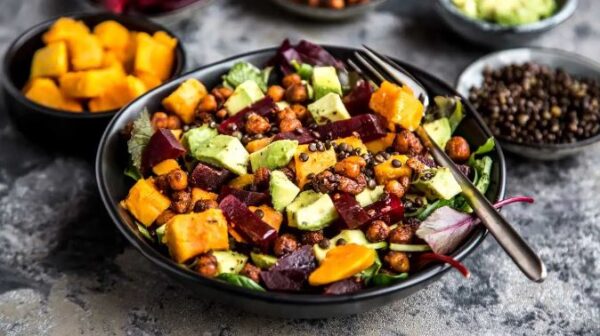Lifestyle
Why is good cholesterol called so and how to increase this superhero

When it comes to cholesterol, not all of it is bad. In fact, high-density lipoprotein (HDL), often referred to as “good cholesterol,” plays a crucial role in maintaining your heart health.
But what makes HDL so special, and how can you naturally increase its levels?
Let’s dive into the world of good cholesterol and discover why it’s hailed as the superhero of your cardiovascular system.
Why is HDL called good cholesterol?
HDL is termed “good cholesterol” because of its beneficial role in the body. Unlike low-density lipoprotein (LDL), which can lead to plaque buildup in your arteries and increase the risk of heart disease and stroke, HDL helps remove cholesterol from your bloodstream. It transports excess cholesterol to your liver, where it’s processed and eliminated from your body. This cleansing process helps keep your arteries clear and reduces the risk of cardiovascular diseases.
High levels of HDL cholesterol are associated with a lower risk of heart disease. Studies have shown that for every 1 mg/dL increase in HDL cholesterol, the risk of heart disease decreases by 2-3%. This makes boosting HDL levels a vital strategy for protecting your heart.
How to boost your HDL levels
Increasing your HDL cholesterol levels can be achieved through a combination of lifestyle changes and dietary adjustments. Here are some effective strategies to help you elevate this heart-protective cholesterol:
1. Embrace healthy fats
Incorporate more healthy fats into your diet, such as those found in olive oil, avocados, walnuts and fatty fish like salmon, mackerel, and sardines. These fats help increase HDL levels while also providing numerous other health benefits.
2. Exercise regularly
Engage in regular physical activity. Aerobic exercises like walking, running, cycling, and swimming have been shown to boost HDL levels. Aim for at least 150 minutes of moderate-intensity exercise per week.
3. Quit smoking
If you smoke, quitting can significantly improve your HDL levels. Smoking cessation is not only beneficial for your HDL but also for your overall health, reducing the risk of many chronic diseases.
4. Eat a balanced diet
Focus on a diet rich in fruits, vegetables, whole grains, and lean proteins. Foods high in fiber, such as oats, beans, and legumes, can help improve cholesterol levels.
5. Limit sugar and refined carbohydrates
Cutting back on sugar and refined carbs can positively impact your HDL levels. These foods can contribute to weight gain and poor heart health, so opt for complex carbohydrates instead.
6. Moderate alcohol consumption
Some studies suggest that moderate alcohol consumption, particularly red wine, may raise HDL levels. However, it’s important to drink in moderation and consult with your doctor, as excessive alcohol can have adverse effects.
HDL cholesterol truly earns its title as the “good” cholesterol due to its protective effects on your heart. By making conscious lifestyle and dietary changes, you can boost your HDL levels and support your cardiovascular health. Remember, every small step counts towards a healthier heart and a happier you.






